Illegal logging in the Djukuchak Gorge
42°10’1877″N 78°01’3708″E
Over the past 70 years, poachers have reduced the area of Kyrgyzstan's forests by three times. Activists claim that the destruction of forest areas is particularly active in the Issyk-Kul region.
Activists assert that almost every winter, illegal logging occurs in the Barskoon, Juku, and Jety-Oguz gorges. In each of these areas, facts of illegal logging are discovered every year. Witnesses of the logging capture on video bare stumps, recently cut trunks, and traces of how poachers dragged trees through the snow.
Primarily, the violators destroy the Tien Shan spruce. This tree can live for about 500 years, but poachers cut down trees that are 100-150 years old because they have a "marketable" appearance. Facts of illegal logging have been regularly identified over the years, but the situation changes little. Many experts come to the sad conclusion that the only things saving the Issyk-Kul forests from total destruction in our country are poor roads and, relatively, cheap imported Russian timber.
But even this does not save it from the fact that every winter, when snow falls and the roads become "passable," and there are fewer "outsiders" in the gorges, under the protection of local foresters and officials from environmental ministries, the time for poaching logging begins.
According to specialists, just in one year, about 500 illegal logging cases were identified in the Issyk-Kul region, for which criminal cases were initiated. However, only 5 percent were brought to completion. In their opinion, only the appearance of measures being taken against poachers is created.
The fines for illegal logging in Kyrgyzstan range from 20,000 to 100,000 soms. According to the Criminal Code of the Kyrgyz Republic, poaching in forest lands also entails imprisonment: up to three years for individuals and up to seven for officials, along with the confiscation of equipment used for illegal purposes. However, the relevant laws are currently not enforced. Logging continues—illegally and with the permission of forestry departments under the pretext of combating tree diseases. This so-called sanitary logging often affects healthy plantings as well. It is not uncommon for areas where trees have been "treated" to be logged again.
To establish the actual extent of the damage, independent monitoring and accounting are required. It should be noted that Kyrgyzstan is a member of 12 international conventions on environmental protection, under which it is obligated to fulfill a number of commitments.
Over the past 70 years, poachers have reduced the area of Kyrgyzstan's forests by three times. Activists claim that the destruction of forest areas is particularly active in the Issyk-Kul region.
Activists assert that almost every winter, illegal logging occurs in the Barskoon, Juku, and Jety-Oguz gorges. In each of these areas, facts of illegal logging are discovered every year. Witnesses of the logging capture on video bare stumps, recently cut trunks, and traces of how poachers dragged trees through the snow.
Primarily, the violators destroy the Tien Shan spruce. This tree can live for about 500 years, but poachers cut down trees that are 100-150 years old because they have a "marketable" appearance. Facts of illegal logging have been regularly identified over the years, but the situation changes little. Many experts come to the sad conclusion that the only things saving the Issyk-Kul forests from total destruction in our country are poor roads and, relatively, cheap imported Russian timber.
But even this does not save it from the fact that every winter, when snow falls and the roads become "passable," and there are fewer "outsiders" in the gorges, under the protection of local foresters and officials from environmental ministries, the time for poaching logging begins.
According to specialists, just in one year, about 500 illegal logging cases were identified in the Issyk-Kul region, for which criminal cases were initiated. However, only 5 percent were brought to completion. In their opinion, only the appearance of measures being taken against poachers is created.
The fines for illegal logging in Kyrgyzstan range from 20,000 to 100,000 soms. According to the Criminal Code of the Kyrgyz Republic, poaching in forest lands also entails imprisonment: up to three years for individuals and up to seven for officials, along with the confiscation of equipment used for illegal purposes. However, the relevant laws are currently not enforced. Logging continues—illegally and with the permission of forestry departments under the pretext of combating tree diseases. This so-called sanitary logging often affects healthy plantings as well. It is not uncommon for areas where trees have been "treated" to be logged again.
To establish the actual extent of the damage, independent monitoring and accounting are required. It should be noted that Kyrgyzstan is a member of 12 international conventions on environmental protection, under which it is obligated to fulfill a number of commitments.

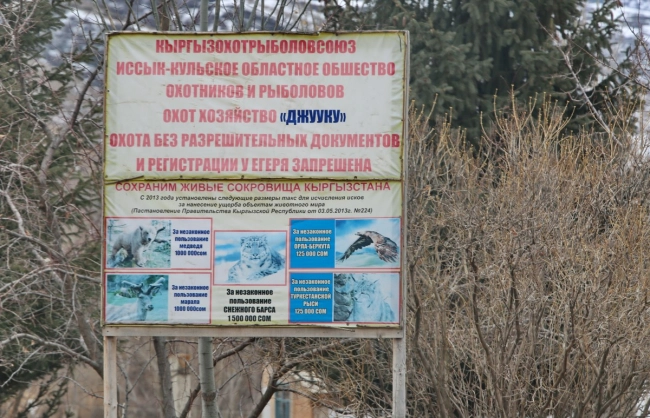
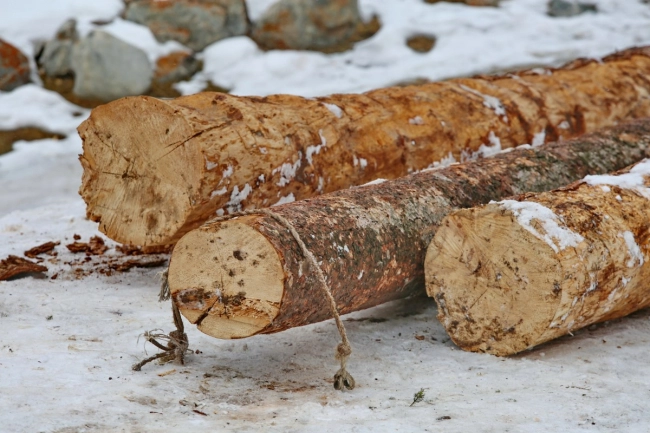
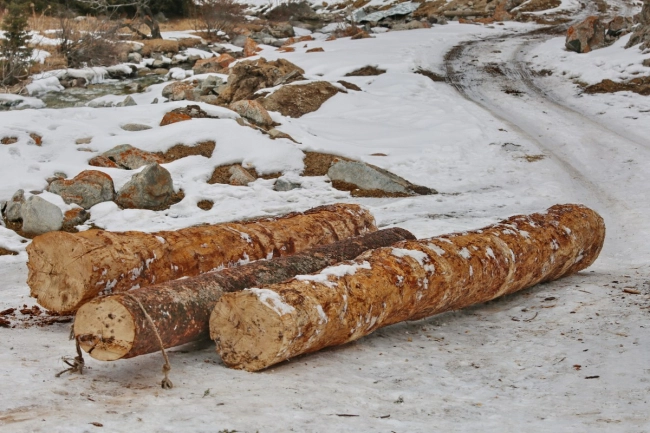
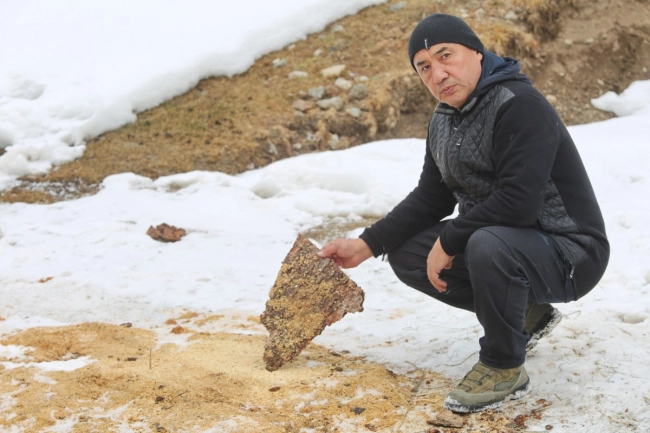
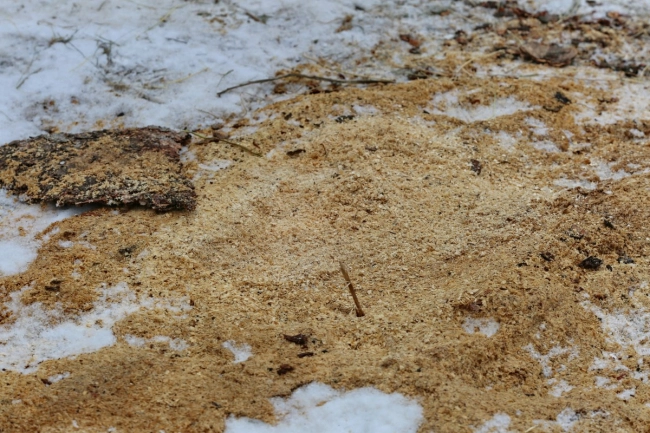
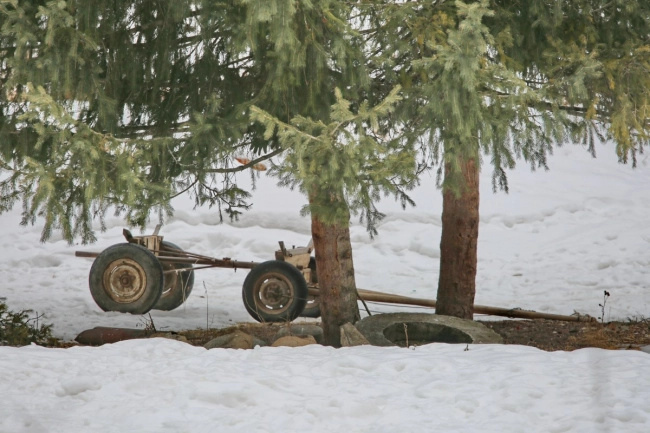
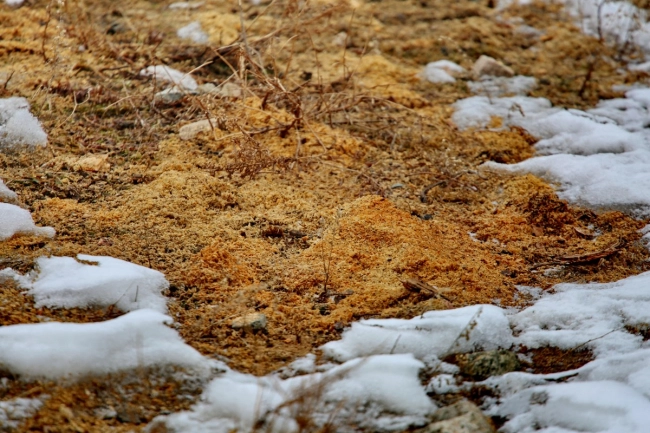
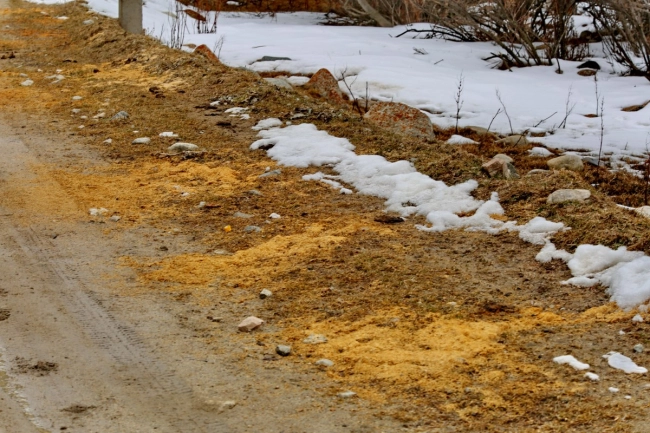
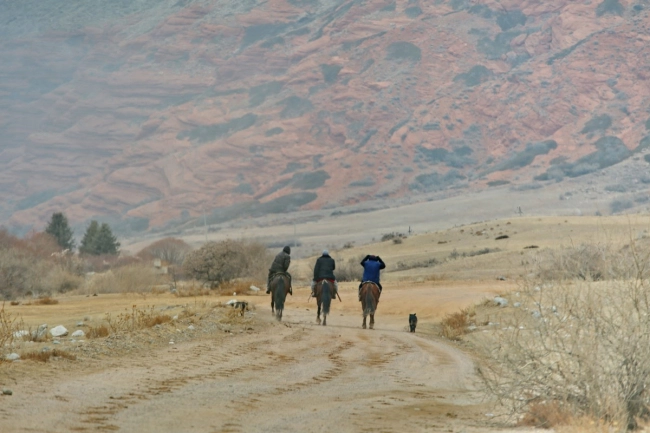
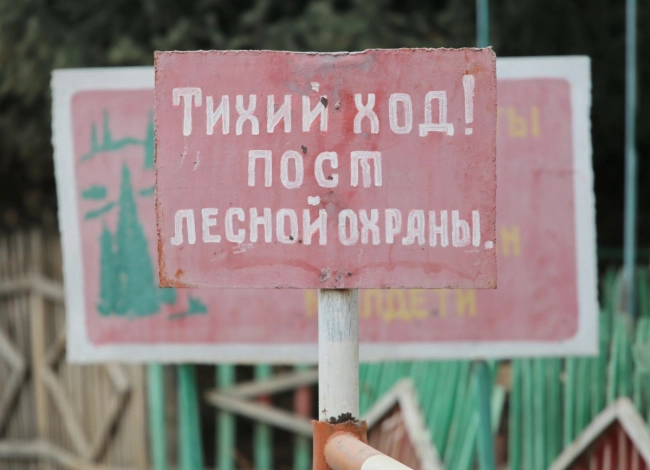
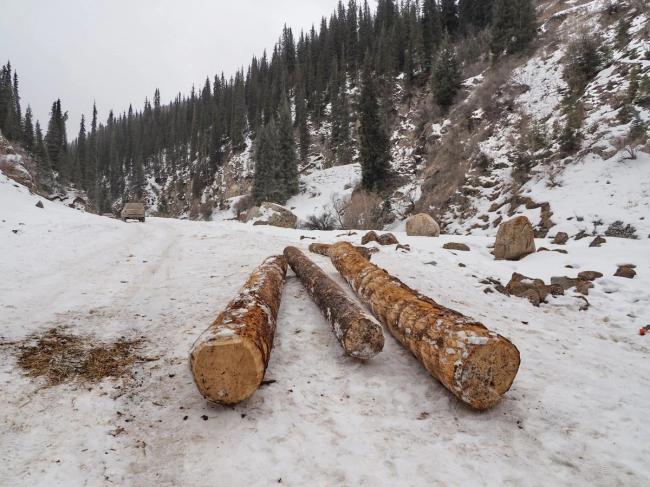
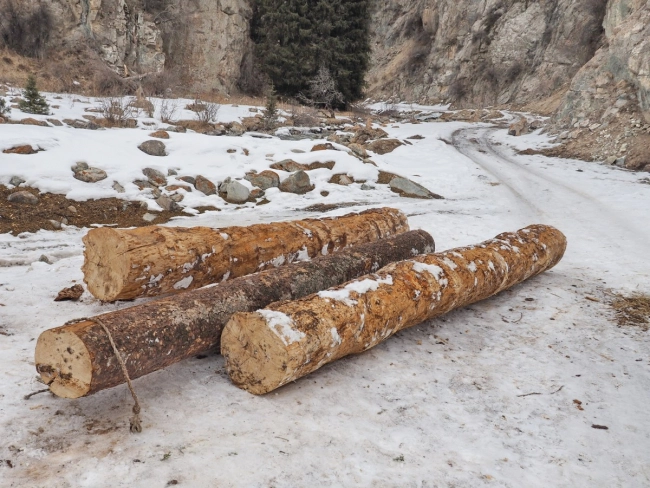
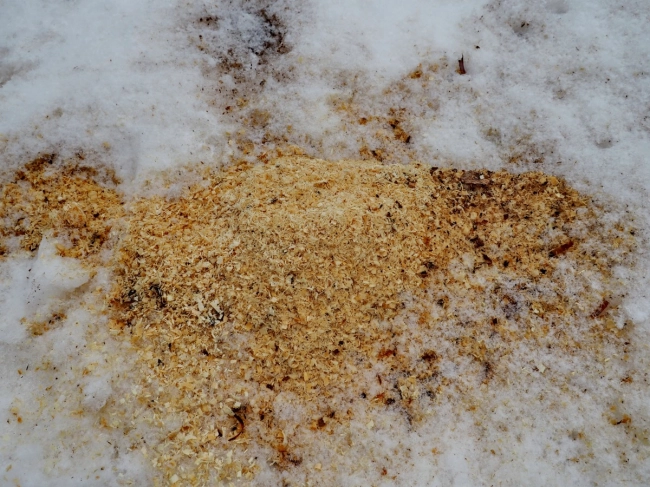
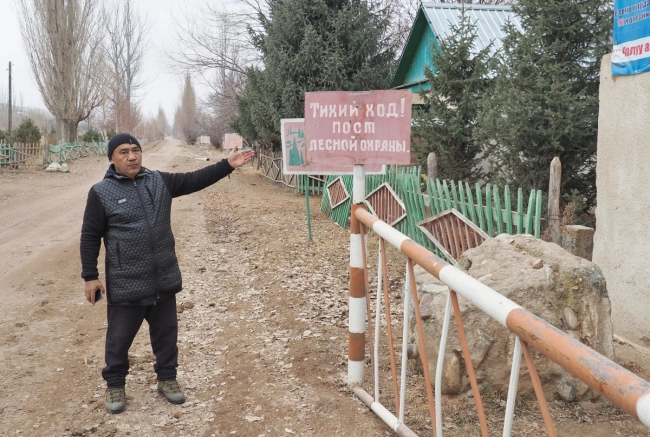
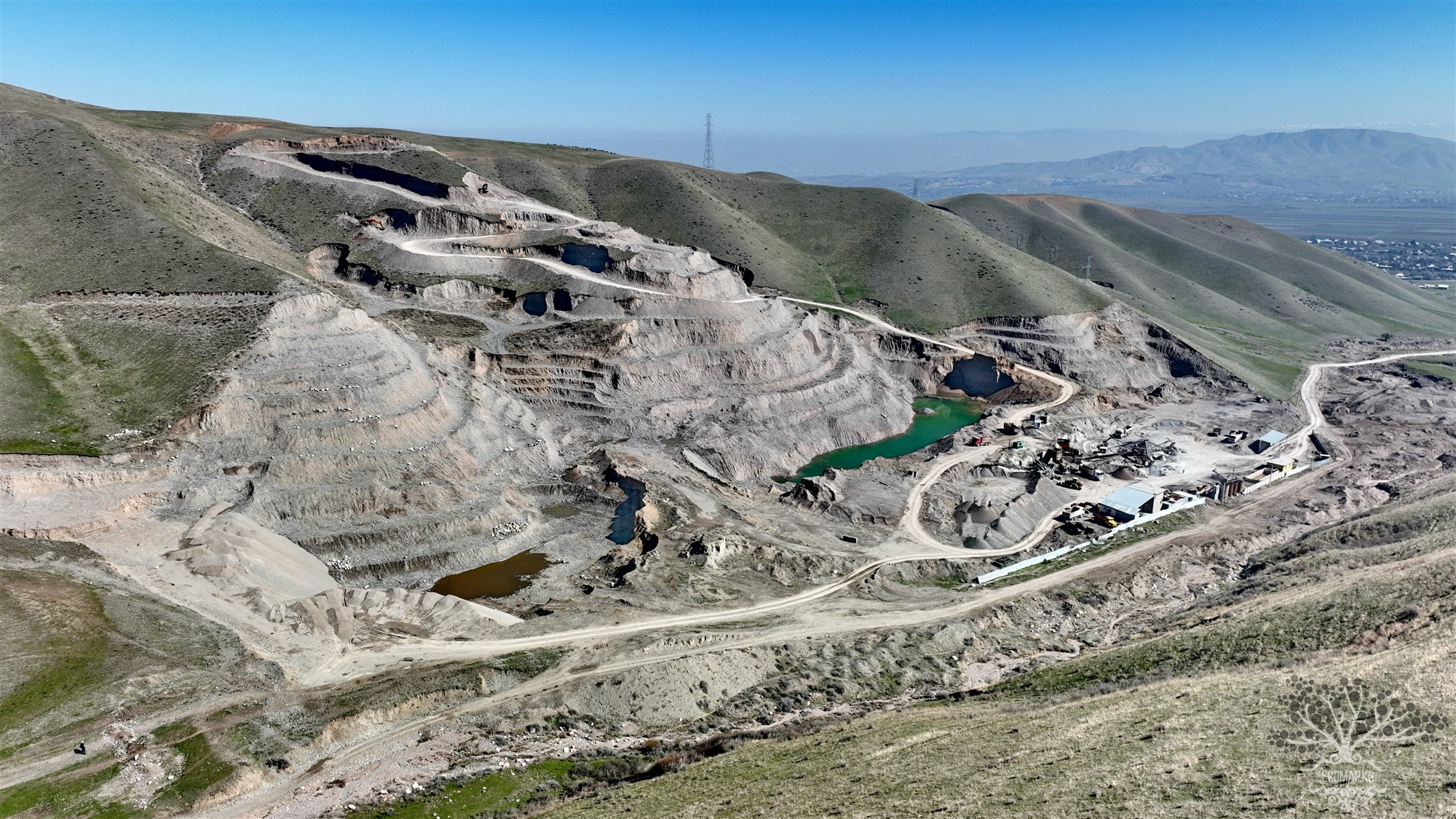
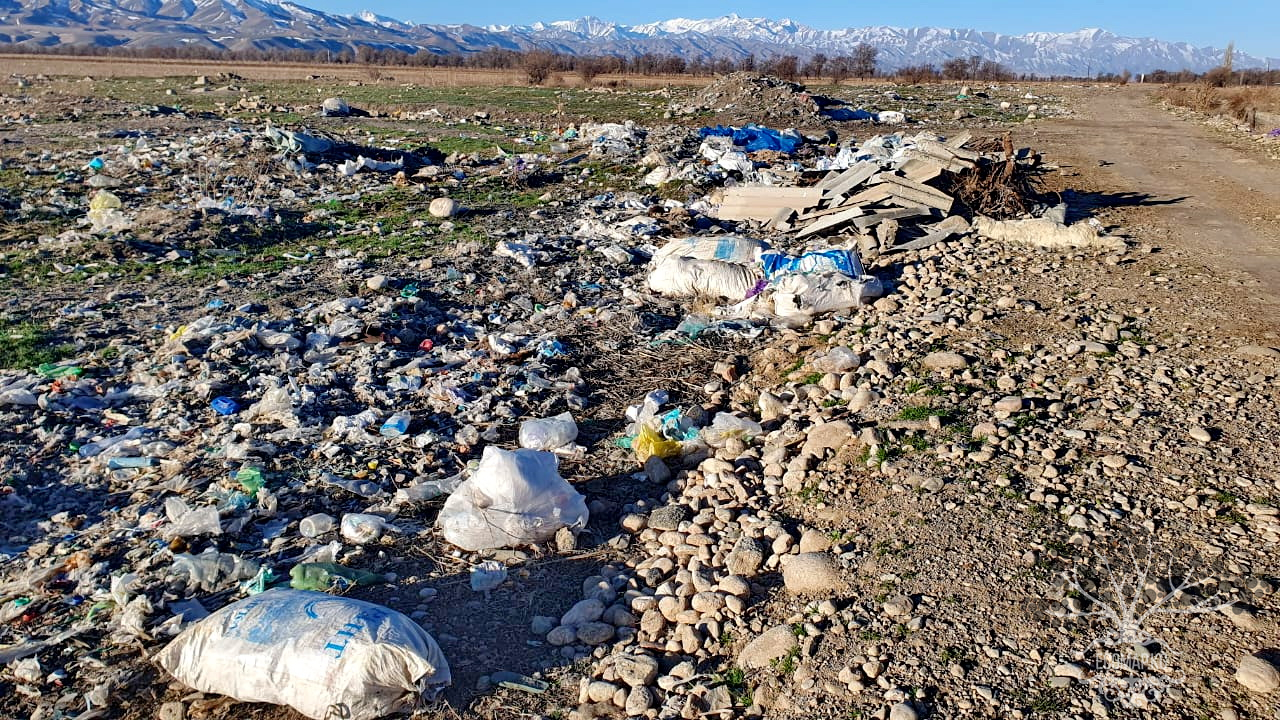
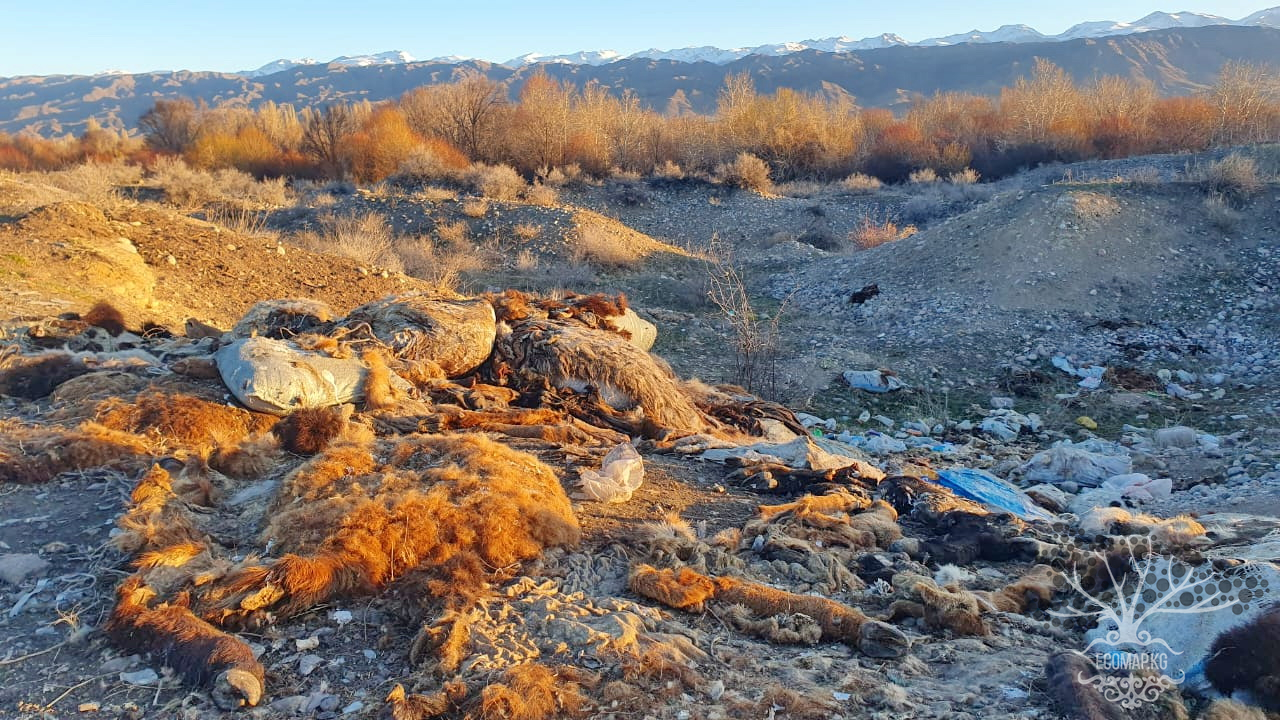
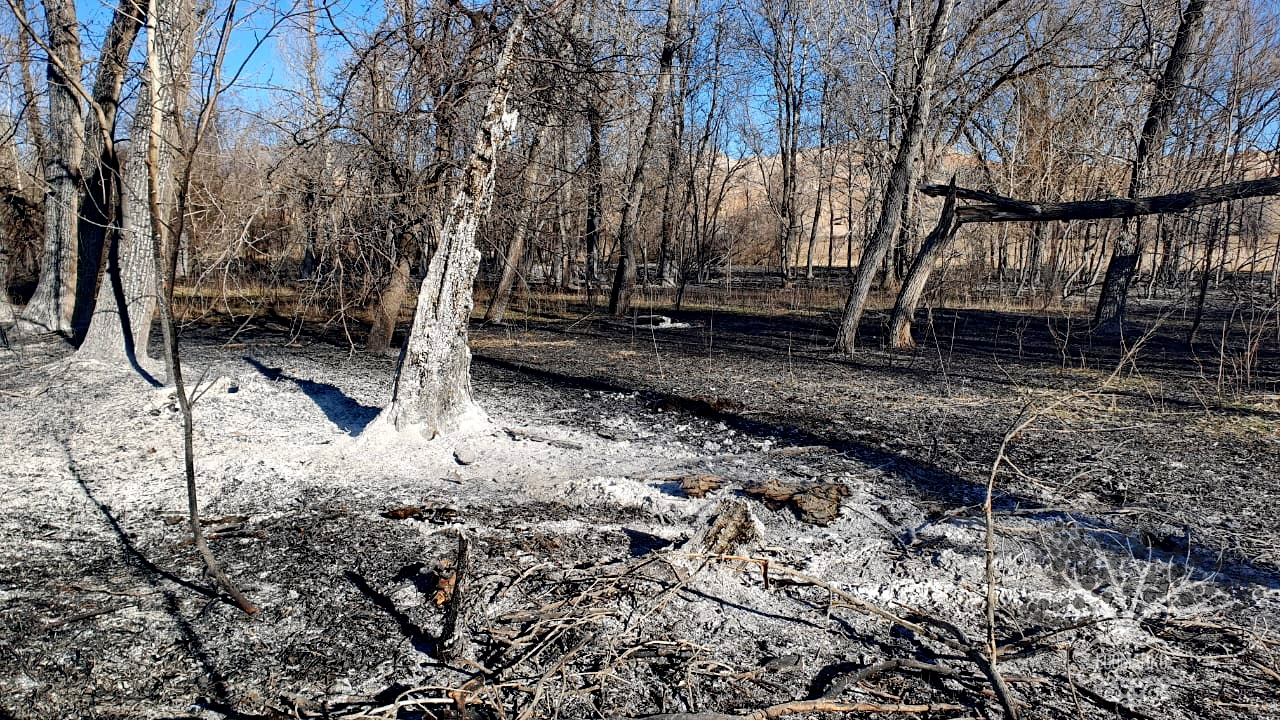


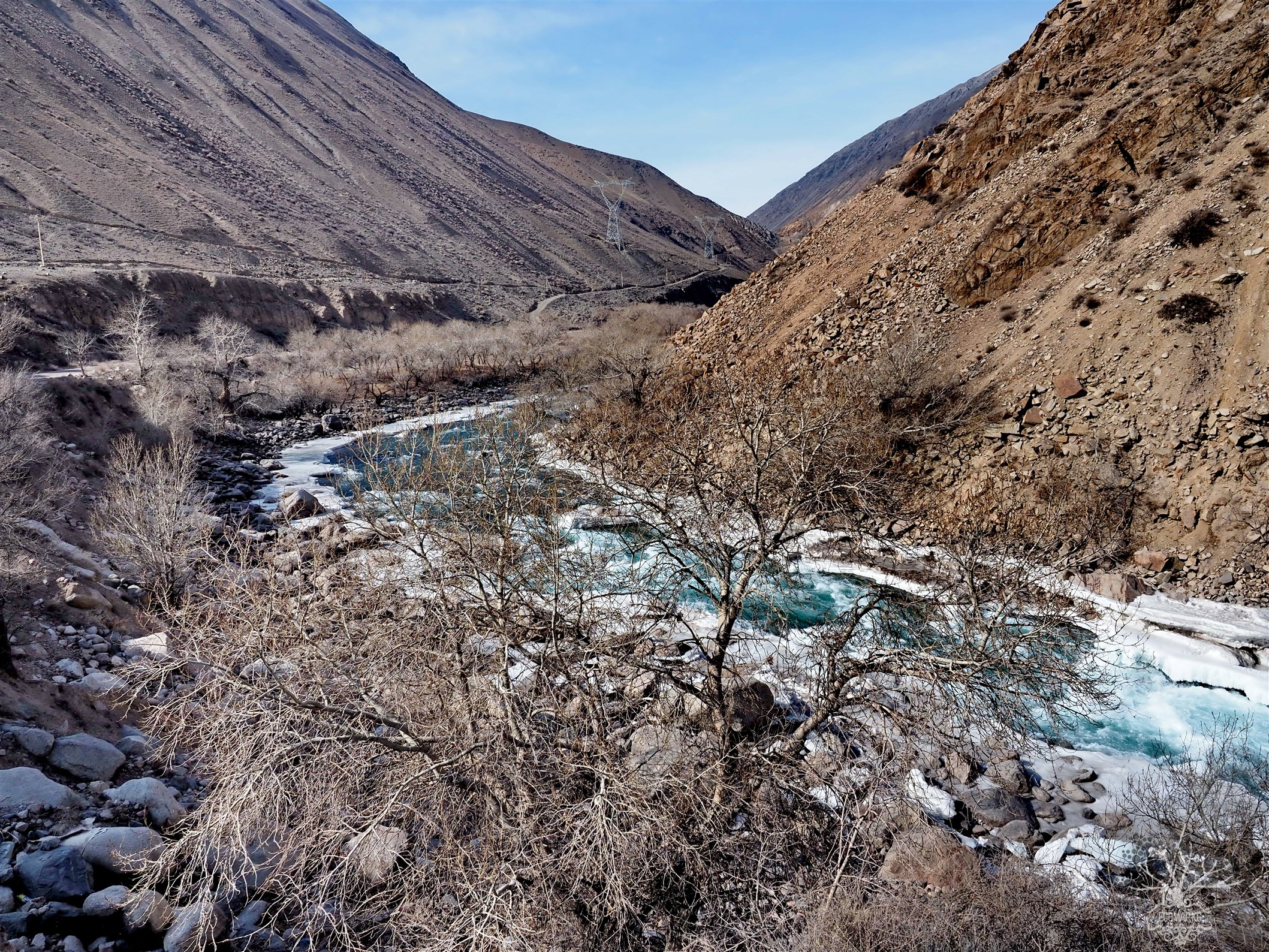
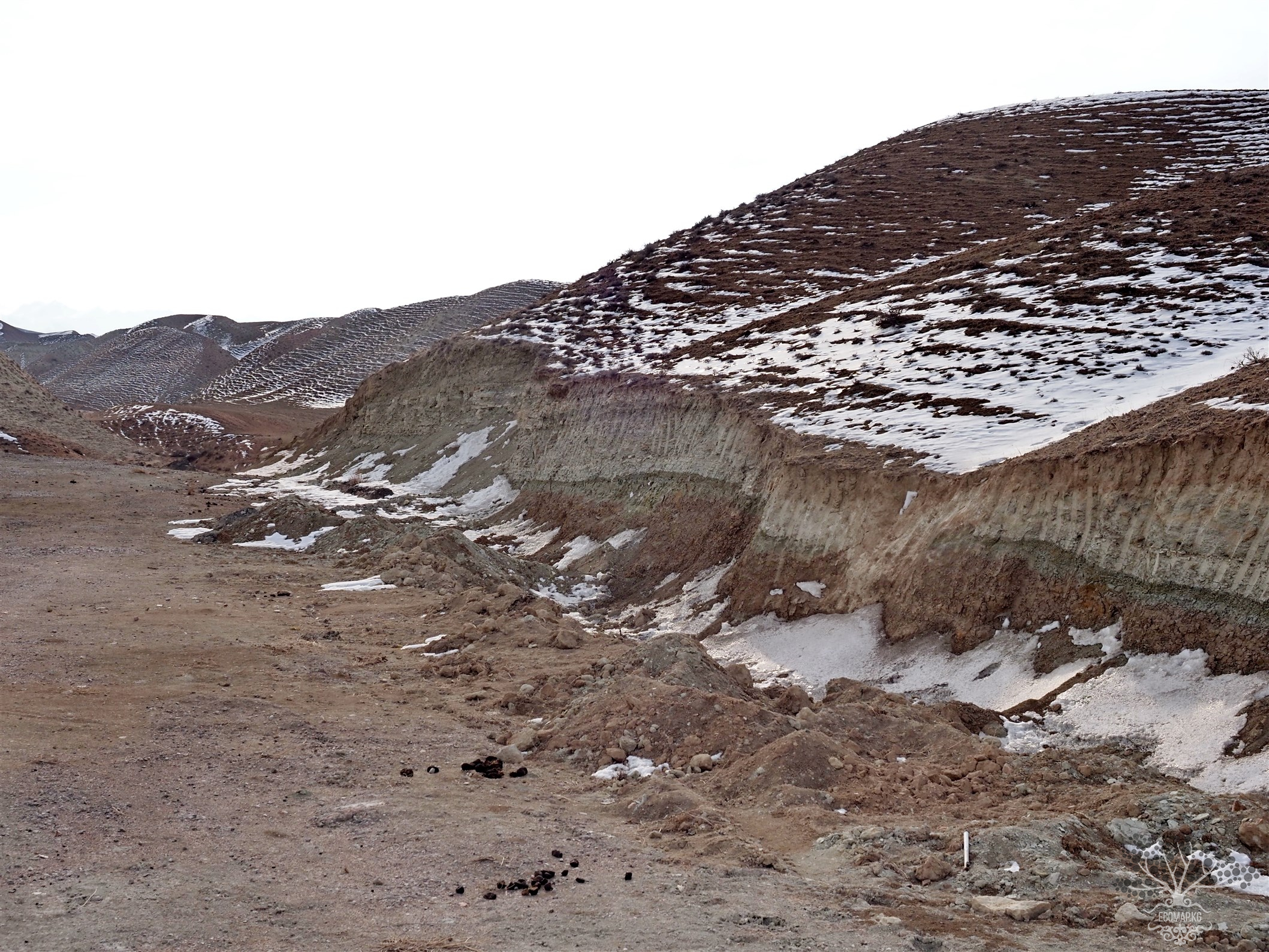
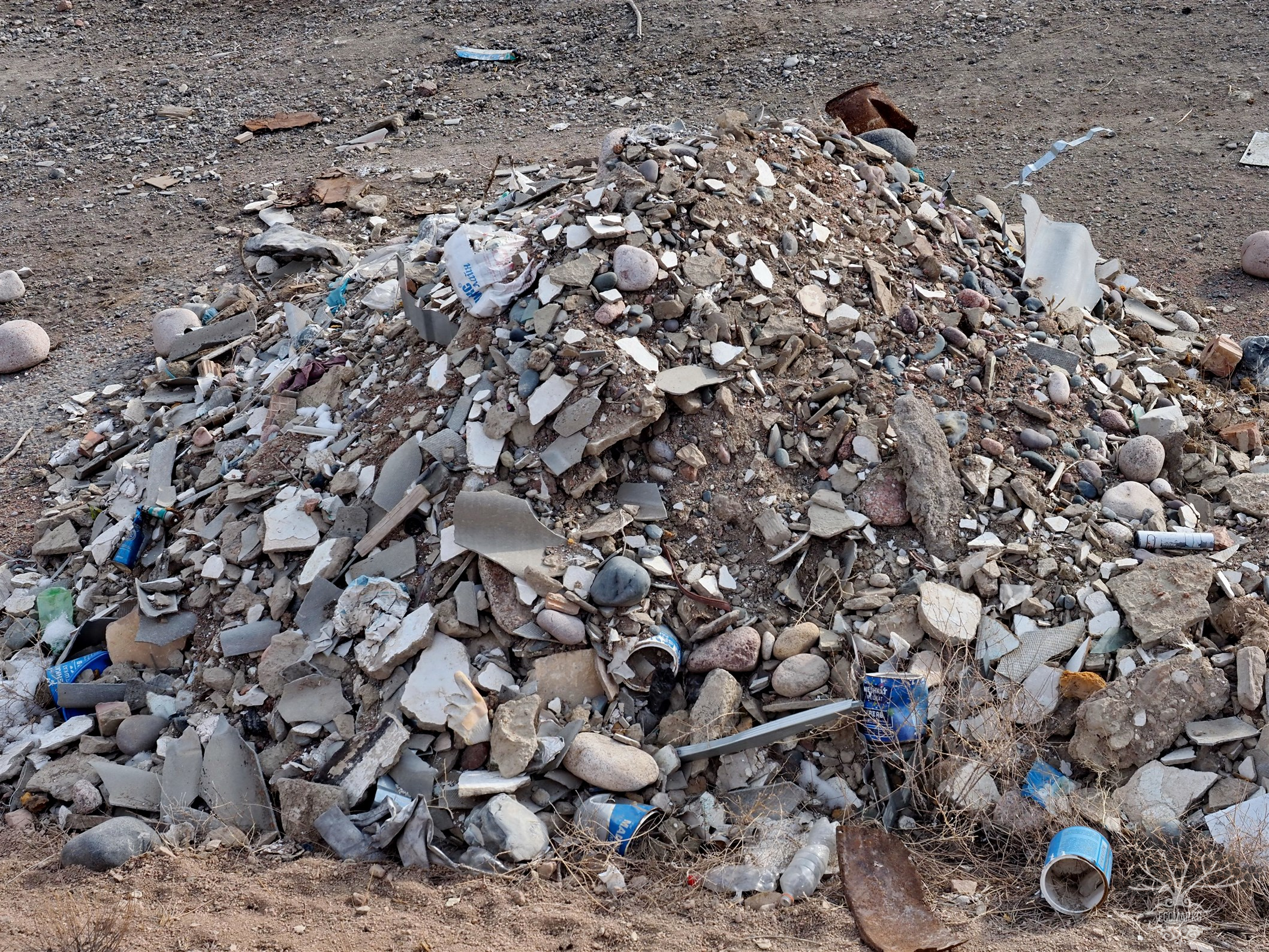
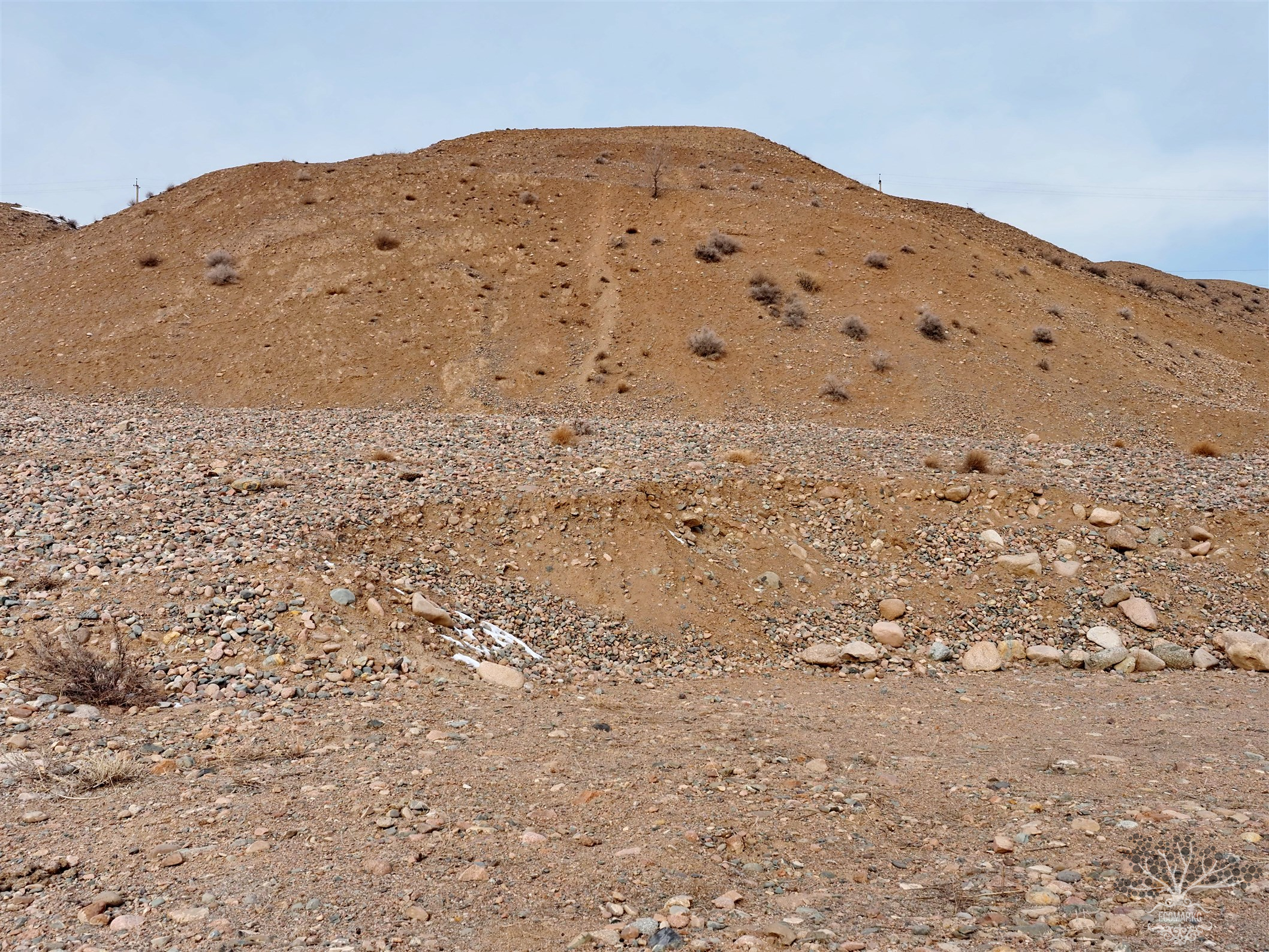


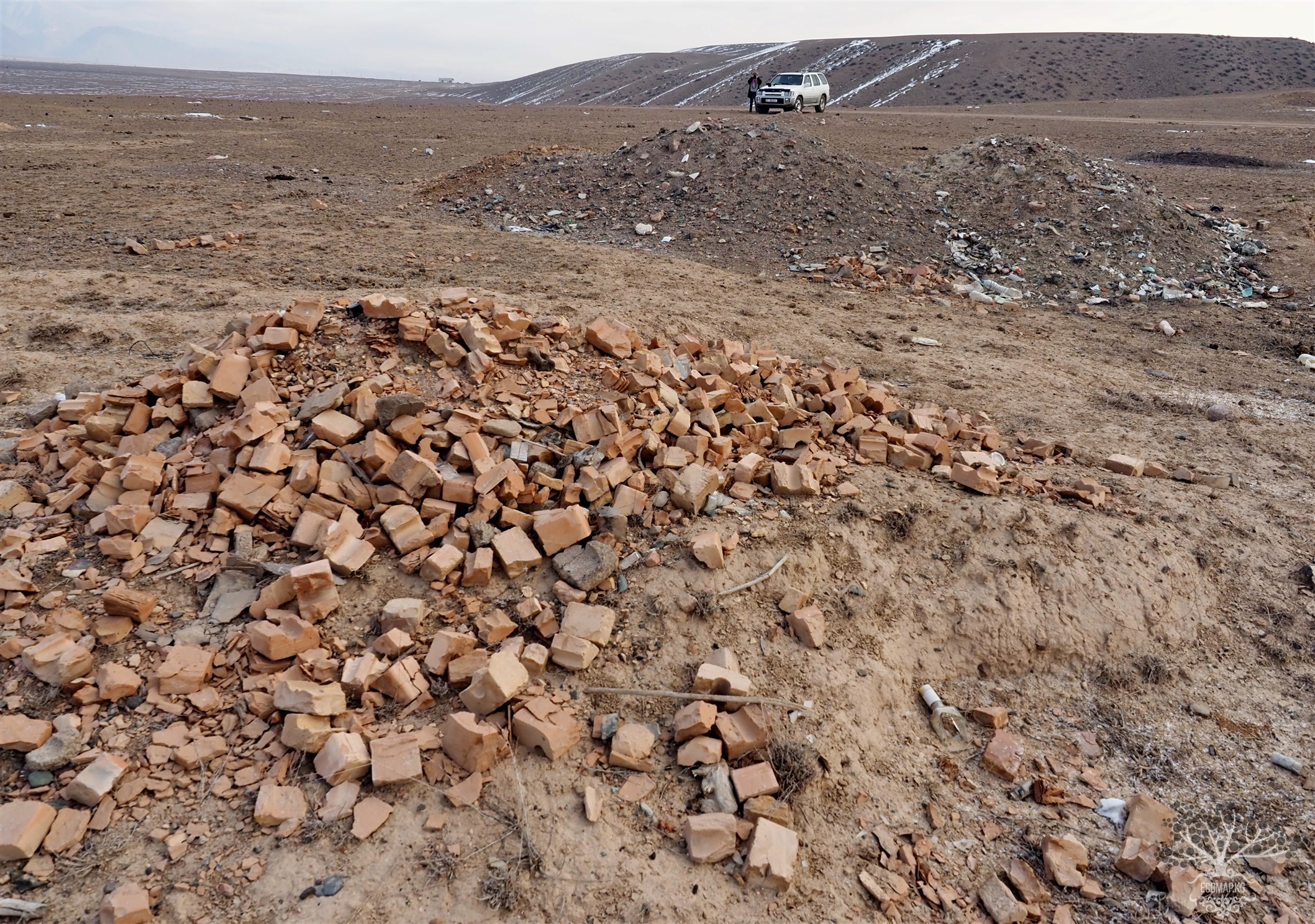
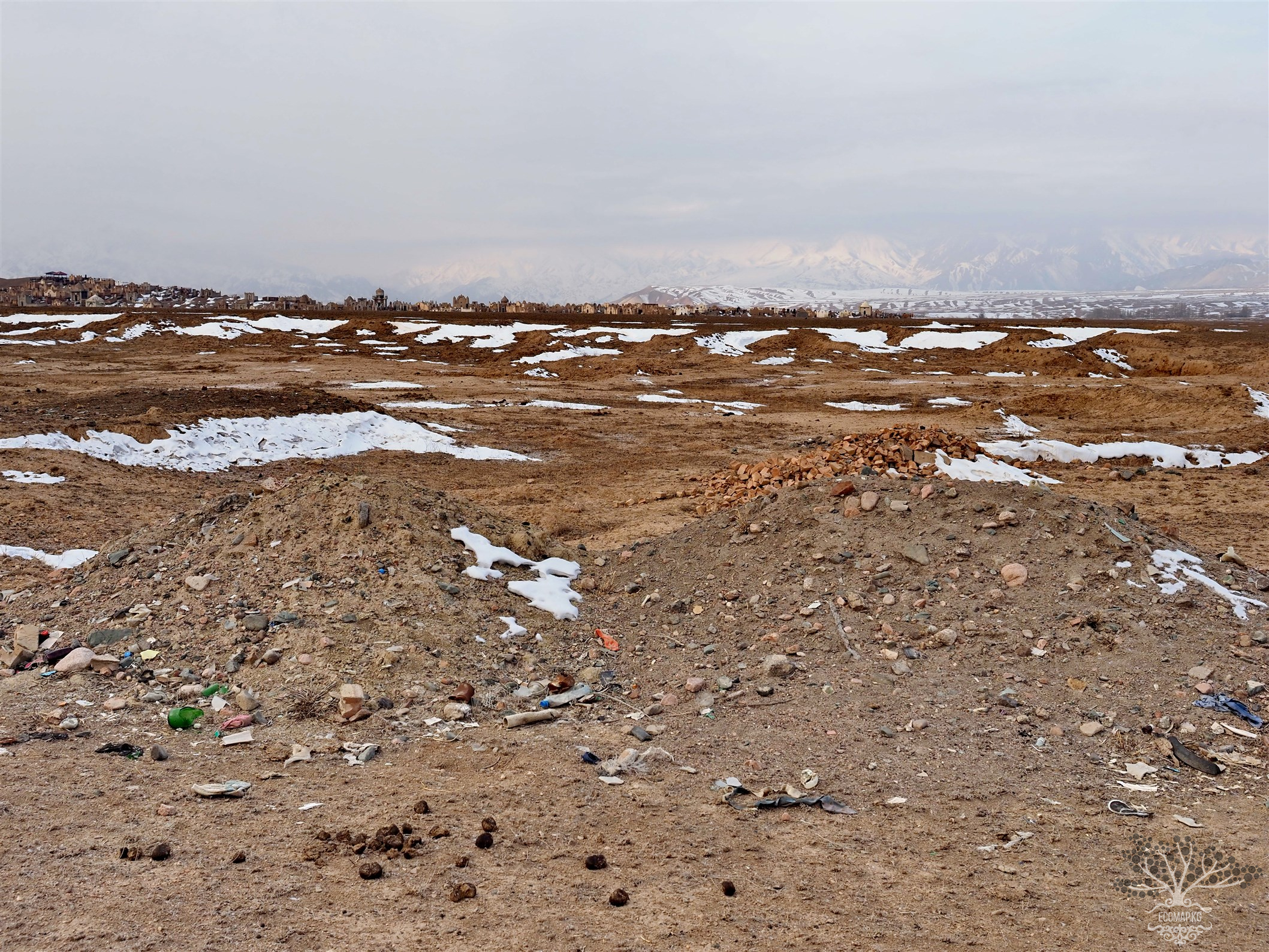

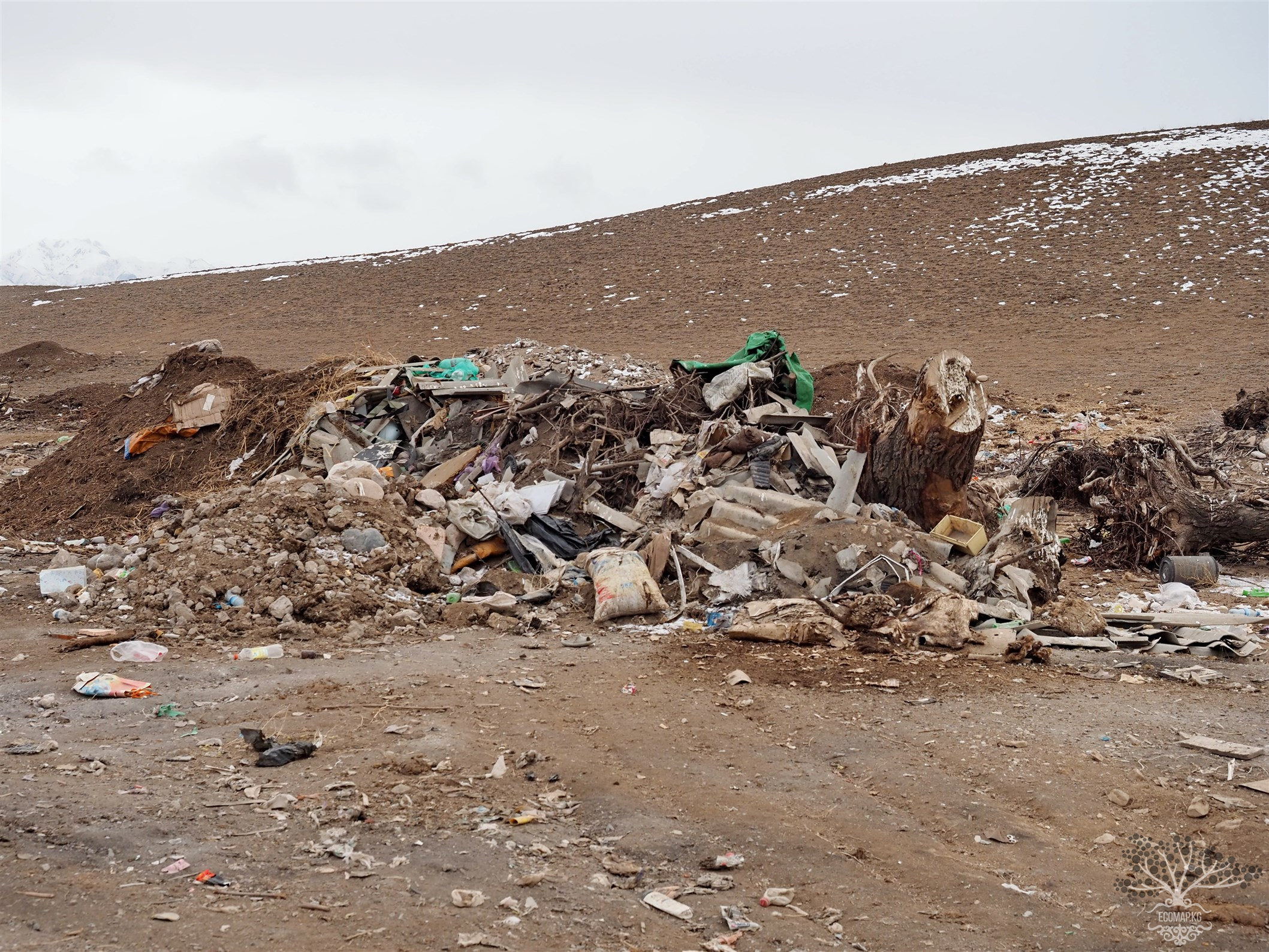
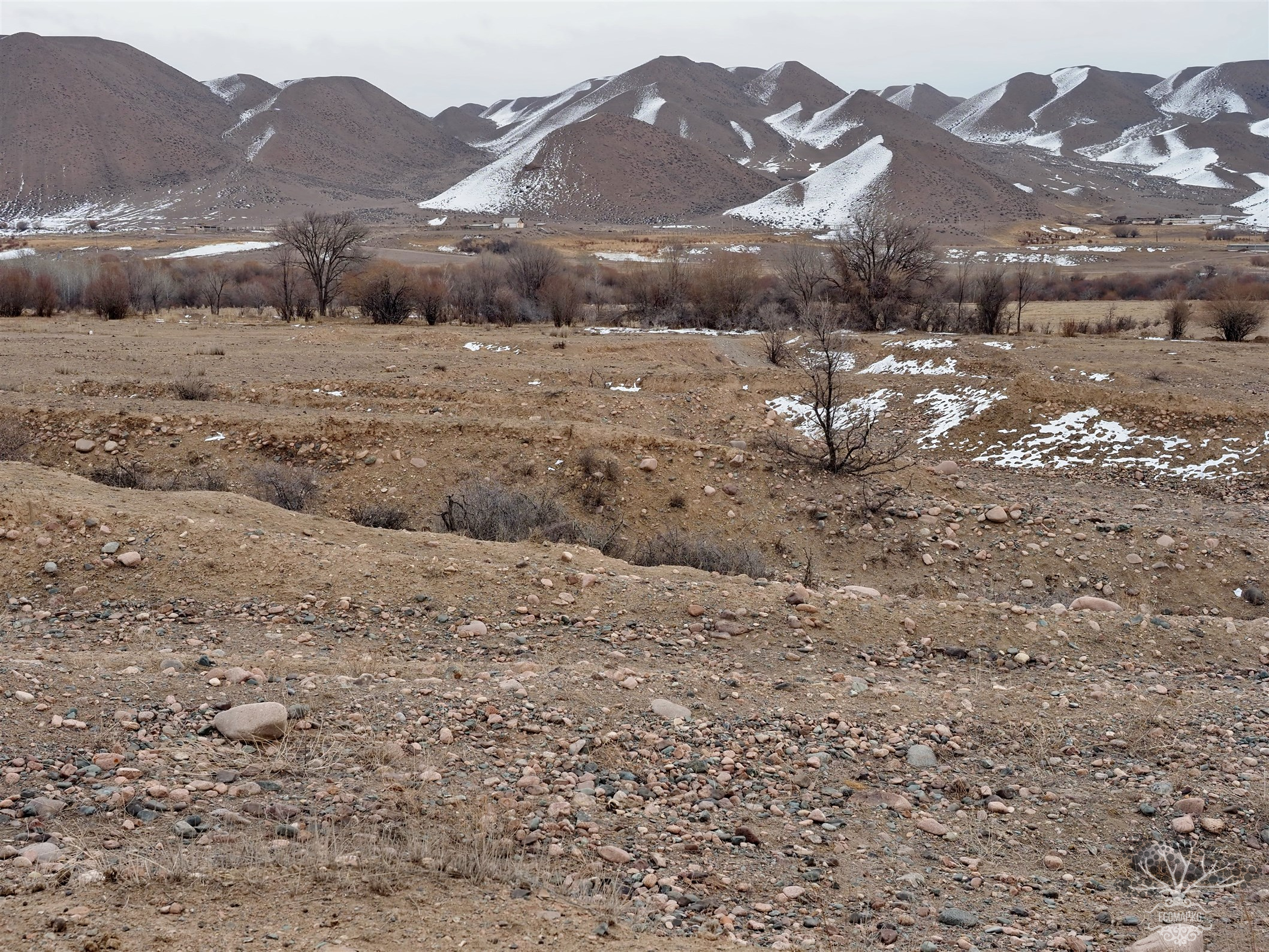
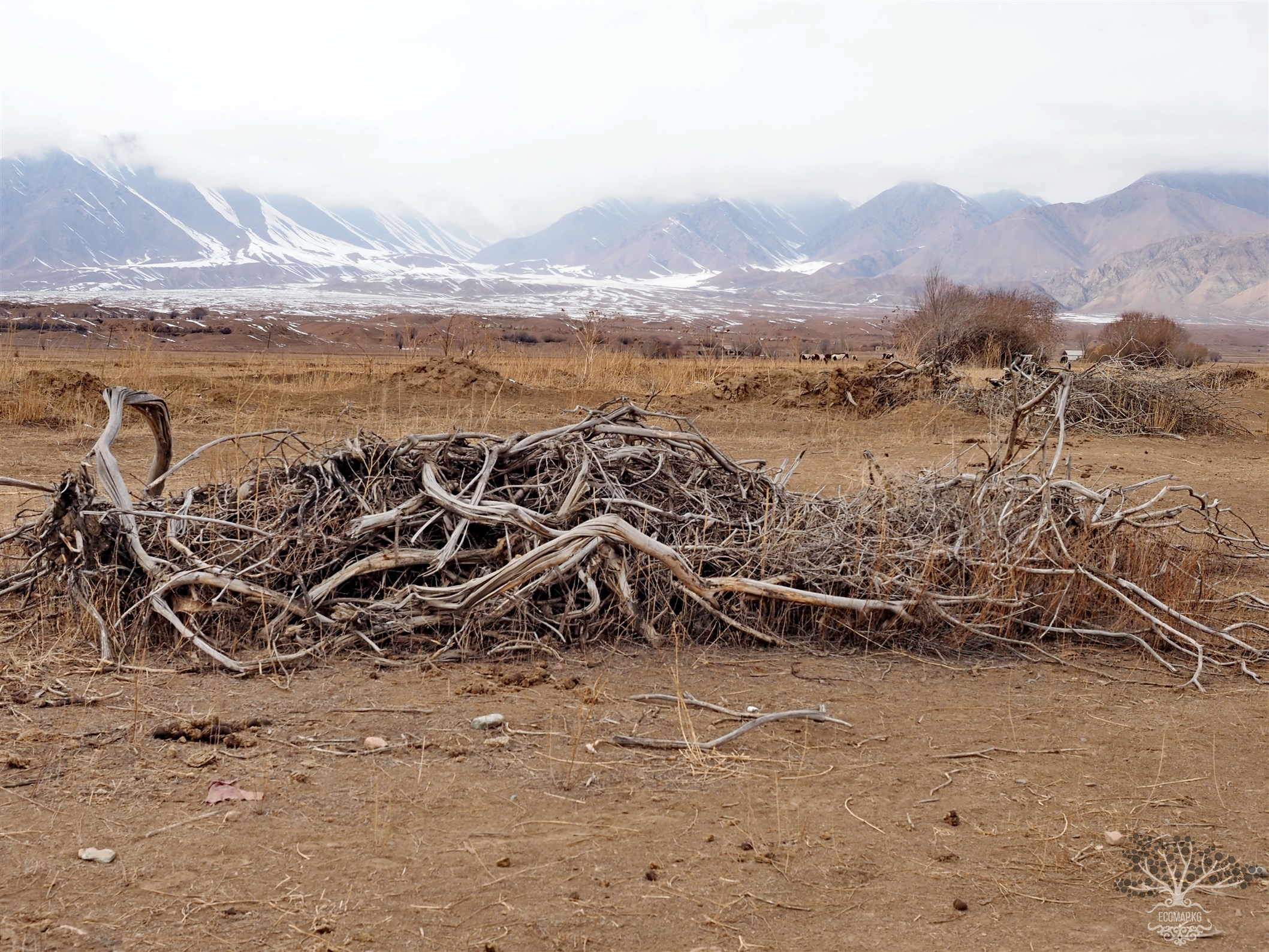
Attention: Information based on submitted complaints